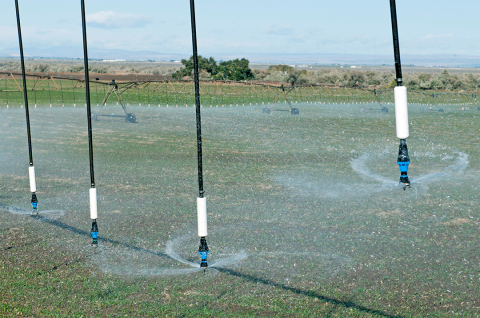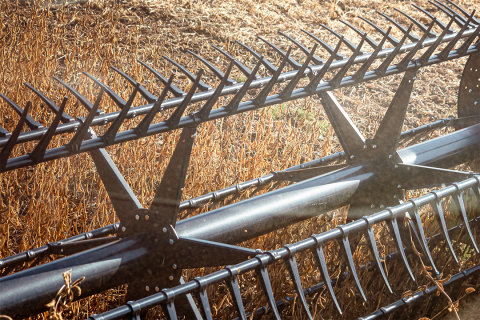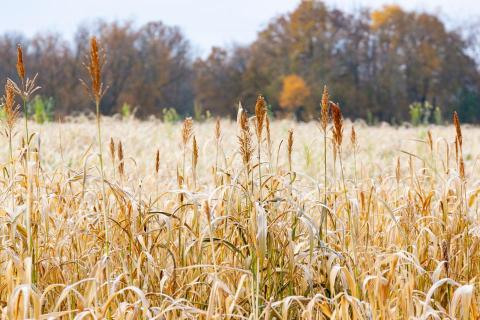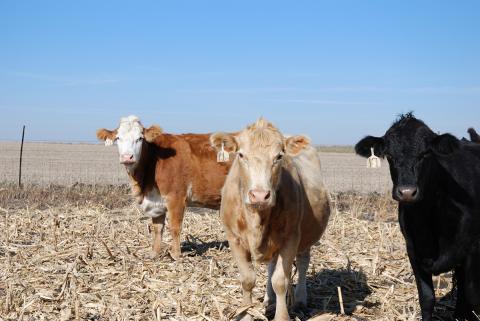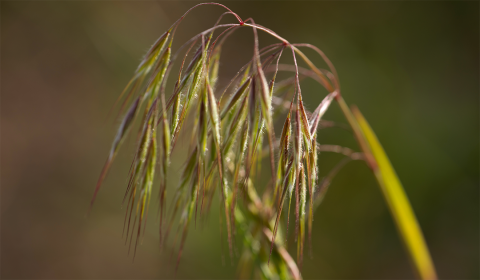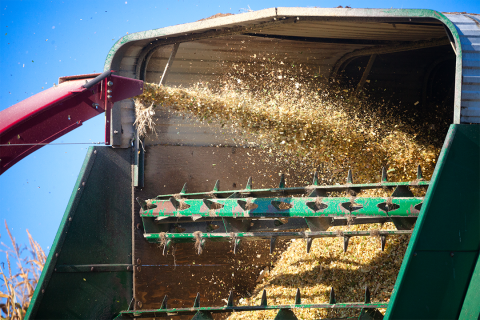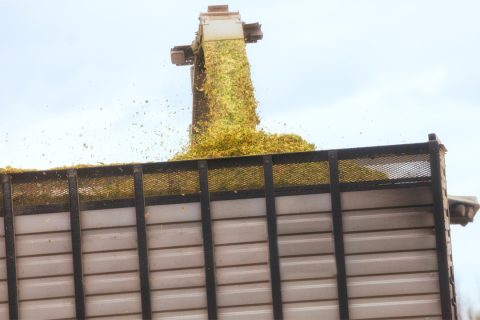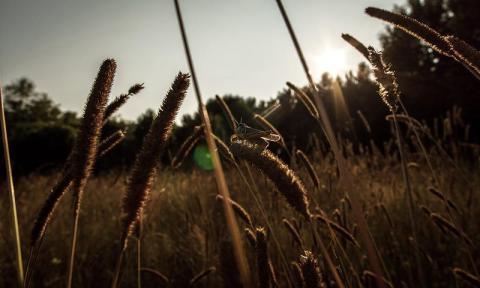Pasture and Forage Minute: Grazing and Fall Irrigation of Alfalfa
October 18, 2023
The pros and cons of grazing fall alfalfa, and capturing the benefits of targeted fall alfalfa irrigation after a dry year.
Pasture and Forage Minute: Prussic Acid Following Freeze, Soybean Residue for Forage
October 12, 2023
Learn more about avoiding prussic acid poisoning in sorghum following a freeze, and why producers should always supplement when feeding soybean residue.
Frosted Sorghum and Prussic Acid
October 6, 2023
A review on how to safely graze forage sorghum species after freezing temperatures.
Pasture and Forage Minute: Lease Agreement Conditions, Grazing Drought-stressed Crop Residue
September 27, 2023
Extension educators review important factors to consider when entering a land lease agreement, overgrazing pastures in preparation for interseeding legumes, and using drought-stressed crop residue as a feed source.
Pasture and Forage Minute: Managing Cheatgrass, Last Alfalfa Harvest and Fall Armyworms
September 19, 2023
Management insights on controlling cheatgrass, wild oats and fall armyworms in pastures, and using growing degree days to schedule your final alfalfa harvest.
Pasture and Forage Minute: Understanding Nitrate Scores, Corn Silage Pricing
September 6, 2023
Extension educators review the importance of understanding nitrate and nitrate nitrogen scores in forage test results, how to price corn silage to salvage drought-stressed crops, and selecting winter annual forages.
Pasture and Forage Minute: Considerations for Corn Silage, Last Cutting Alfalfa and Forage Inventories
August 29, 2023
Best practices for packing and covering corn silage, timing the last fall alfalfa cutting, and taking inventory of fall and winter feed supplies.
Pasture and Forage Minute: Managing Grasshoppers, Pasture Weeds and Wet Hay
August 23, 2023
Insights on late summer grasshopper and pasture weed control, and options for producers putting up hay in wet conditions.


